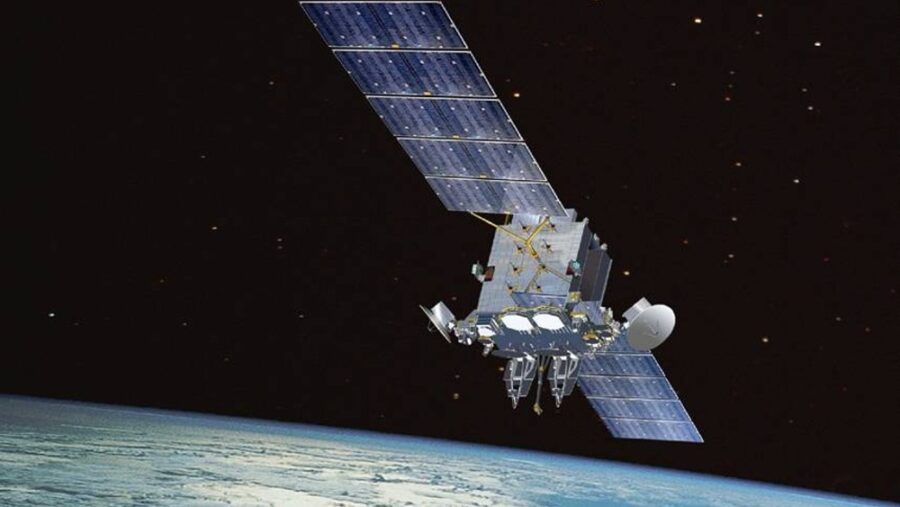Hackers Are Trying To Breach U.S. Space Satellite
Hackers are taking part in a military-sponsored event to attmept hacking a satellite in orbit.

Since 2020, the United States military has staged a satellite hacking contest at the DEFCON hacker convention. Those satellites, however, have been safely on the ground. As reported by Newsweek, the competition will, for the first time ever, see hackers attempt to take control of a satellite actually orbiting in space.
Hack-A-Sat 4 will pit teams of hackers from all over the world against each other as they attempt to breach the satellite Moonlighter. The contest is organized in part by Steve Colenzo, the Technology Transfer Lead for the Air Force Research Laboratory’s Information Directorate. According to Colenzo, the goal has always been to pit hackers against a satellite actually in space.
The only way to get approval for such a thing was to launch their own satellite, so that’s exactly what they did. Moonlighter hitched a ride to the International Space Station on a SpaceX rideshare rocket at the beginning of June. The toaster-sized vessel is scheduled to go into orbit in early July.
Participating teams of hackers will head to Las Vegas for the 72-hour dash to take control of the satellite. While the event may sound like a LAN party on steroids, the competition is designed to help technologists strengthen security systems for satellites of great importance.

The world’s reliance on satellites is increasing all the time. GPS and like systems have become mainstays in cars around the world. Industries like agriculture and insurance are just a couple of the major players relying on satellites to operate. Hackers can disrupt key operations aboard a satellite if its security is not up to snuff.
Beyond commercial uses, satellites are key pieces of military technology. It was once believed that satellites were too far away to be hacked. The world received a bitter wake up call last year when Russian military hackers used a European satellite network to cripple Ukrainian infrastructure while making an attack.
The cyberattack had consequences outside of the eastern European conflict, even disabling wind farms in Germany. The incident was a reminder that the world relies on technology in space, and that hackers can now reach beyond the atmosphere to infiltrate satellites.
That is why Hack-A-Sat exists. It allows engineers to let hackers find holes in security systems in a controlled environment, as well as raise awareness about the importance of cybersecurity. As a presence in space becomes more accessible for industries around the world, technological responsibility and security is paramount.

Hack-A-Sat 4 will not mark the first time white-hat hackers took over a satellite in orbit. Earlier this year, a team of French hackers successfully commandeered a European Space Agency satellite. They were able to control the vessel and even manipulate images captured by the satellite.
According to those hackers, hacking into the satellite was not much different than hacking a similar system on the ground. The difference was time. The hackers could only contact the satellite for 10 minutes a day, meaning they had to see the effect of their code 24 hours after they uploaded it. It took the four-person team three months to take full control of the satellite.
The Hack-A-Sat 4 cyber assault on Moonlighter should prove to be an entertaining exercise, but one with great consequences. The contest is safe, but hackers in the real world could impact a much larger and more integral satellite. In a rapidly changing world, the stakes for the hackers have never been higher.












